An adventurer who aims to be the first Lithuanian woman to trek to the South Pole

Read all about Ruta Sidlauskaite's training plan, an adventurer from Lithuania who plans to trek to the South Pole next year in January. She will pull a 60kg sled over 1100kms for 60 days.
Ruta Sidlauskaite who is based in Delhi will be setting off for the South Pole in January 2017. Over 60 days, she will be pulling a sled over 1,100km. If successful, Ruta will be the first Lithuanian woman to trek to the South Pole. We catch up with her to find out more about why she is doing this, and how she will be training and preparing for the full-length expedition.

Q: You are fluent in Hindi and have a good understanding of Sanskrit and have been living in India for more than two years. Tell us a bit about yourself. What is your passion? Why do you do what you do now?
Honestly, India never has been my passion. It was a destiny. No, I cannot identify myself without it.
I remember from my childhood days when my elder sister was very interested in India. Not as in India itself, but more on its philosophy. I used to just shake my head looking at her books. My grandfather was also fascinated with this country after visiting it in the 1980s. When I started my Indian studies, he was very positive towards my decision: “You know, you will have a very interesting life,” he said. I agree, I do.
So why did I choose Indian studies? Well, I was interested in different cultures, folklore and tribes. I was choosing between anthropological studies and Oriental Studies. I chose the latter because they also offered the language discipline. I was fascinated with the idea of learning ancient languages like Sanskrit. Even though Japanese studies were first on my list, when I was admitted to Indian studies, I never regretted it.

In 2010, I won a grant of 1000 Euros from the Europe Union and studied for a year at Delhi University. I started my personal acquaintance with this country then. This year was significant too because I discovered one of my passions: the mountains. My love for the mountains I found after a bike trip to Manali, exhausting as it was. We rode for more than 20 hours and Manali greeted us with a good amount of snow and ice on the road. After that, I started going on mini trips and trekking in Himachal Pradesh, which is still my favorite destination for holidays.
I returned to Lithuania, defended my Bachelors of Arts thesis and started an MA in Modern Asian Studies at the Centre of Oriental Studies. It gave me good knowledge of Asia today with its multi-disciplinary approach. Meanwhile, I joined my friends in Lithuania, who did climbing, at the “Montis Magia” climbing club in Vilnius. I joined outdoors trips organised by the Žygeiviu klubas (“Club of Hikers” in Lithuanian). Before finishing my thesis, I got an offer to work in the tourism industry in India. After defending my thesis, I moved to Delhi. I was happy that I could use my skills I learnt at university, as well as work for Lithuanians. I was heading exactly where I wanted to go after six years of studies. My duty is to take care of Lithuanian travelers, organise tours, hotels etc. In Delhi, I joined “Delhi Rock”, India’s first indoor climbing gym. I joined their outdoors activities. I am happy I met this group of people and have the opportunity to be trained by national climbers such as Ganesh Chhetri and professionals like Rushfit instructor Diwaker Sharma.
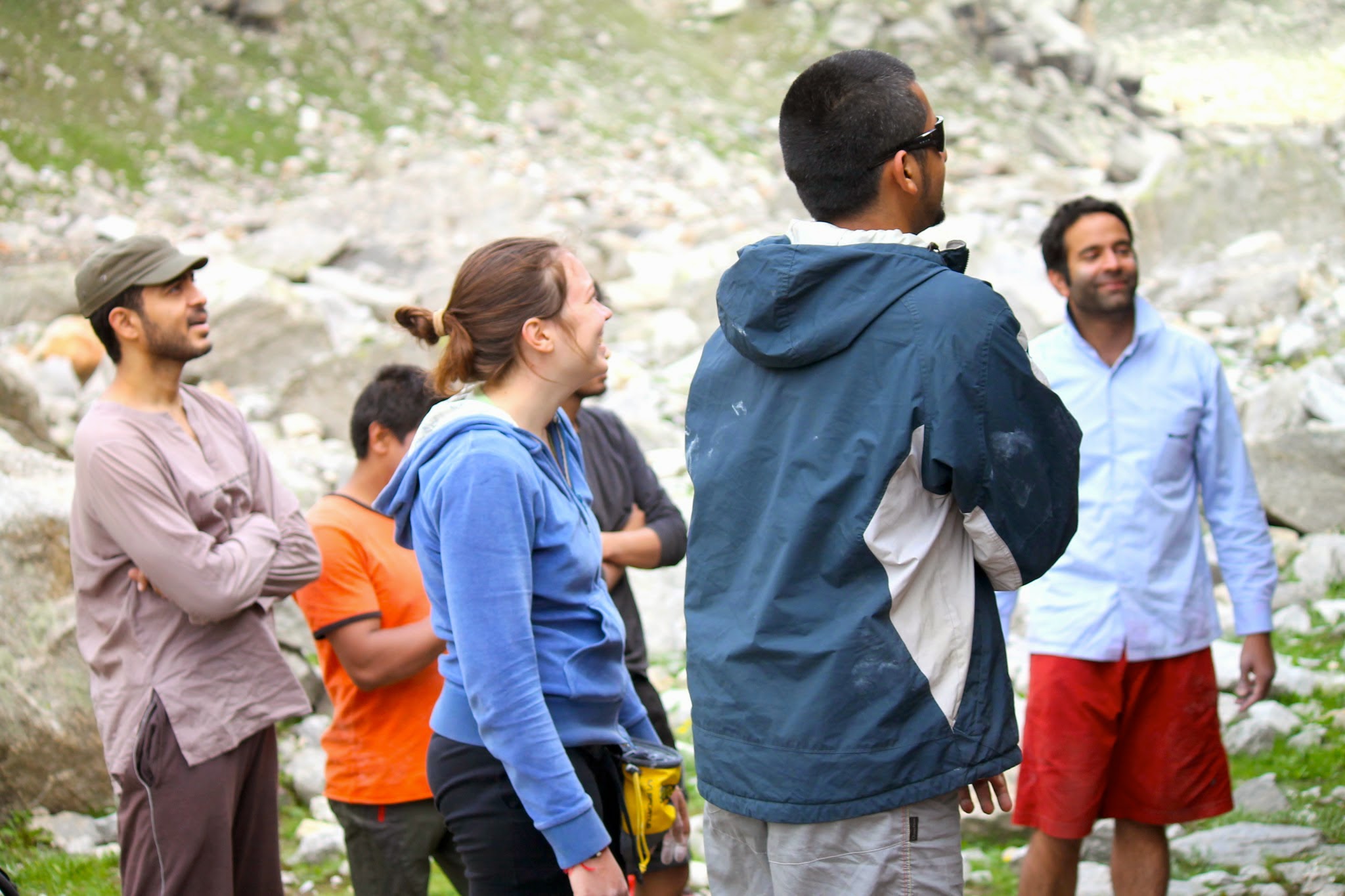
Q: Why the South Pole? What do you hope to achieve from this?
I met you at Delhi Rock and you became my climber partner, and the main initiator for this South Pole expedition. You actually persuaded me. Over the last several months, I have been running from point A to point B. So, when I was asked, what you really want to do in your life, I was lost. The idea to go to the South Pole was like a sign: that I needed to make a break and this break would be meaningful. Your work with Nobel Peace Prize laureate Kailash Satyarthi and your wish to raise awareness for abused children through this expedition really touched me.
I must tell you a story. I volunteered in an orphanage with a student’s organization Ne Imti, Bet Duoti (“Not to Take, but to Give” in Lithuanian). It organizes outdoors activities and cultural events, whilst helping the children with their homework and giving them tuition. It was important to get back the self-esteem of these children and prove to them that they are not outcastes in society. I love teaching.
I had a gypsy boy, whose both parents were in prison. We were reading a children’s story book. Suddenly, he asked me, his eyes shiny: “Tell me, what is your biggest dream?”
I thought for a while. What should I tell a 9-year-old child, whose parents are both in jail, punished for offences involving drug trafficking? He and his siblings have been living in the orphanage for more than four years. These children are often ashamed of their background. “Oh no! If I were to tell classmates that I live in an orphanage, they would stop treating me as an equal,” one teenager told me. The boy I was reading with was in an even worse position as he was a gypsy. Despite his talents, he was discriminated against and was never encouraged to reach his dreams. So, I thought that I should talk about something big.
“To go to the North Pole,” I finally said.
“Where is it?” he asked. I pointed at the map. “Oh,” he smiled. “It is marked white. It must be very cold. And so faaar. This is a ‘Big Think’”, he added. He started to calculate the distance from Lithuania to the North Pole.
“What is your ‘Big Dream’?” I asked.
“I want to repair cars. I want to have a huge garage with vintage cars and a huge office.”
“That’s a ‘Big Think’ too,” I replied. And then I realised that this dream for this 9-year-old boy will be a big thing, and a big fight.
This was the very first time that I aimed to go to the North Pole. But before the North Pole, one must make preparations and start for example, with the South Pole. It is a great chance to challenge yourself: to prove that big dreams can happen if you are ready to make sacrifices. At the moment, I am searching for an opportunity to converge all my passions, instead of doing a little bit of this and a little bit of that. The South Pole will be a break as well as a starting point. Does it sound too ambitious? Definitely. But after the South Pole, I want to go to the North Pole. The North Pole is where I am aiming for; the South Pole is where I have to go before.
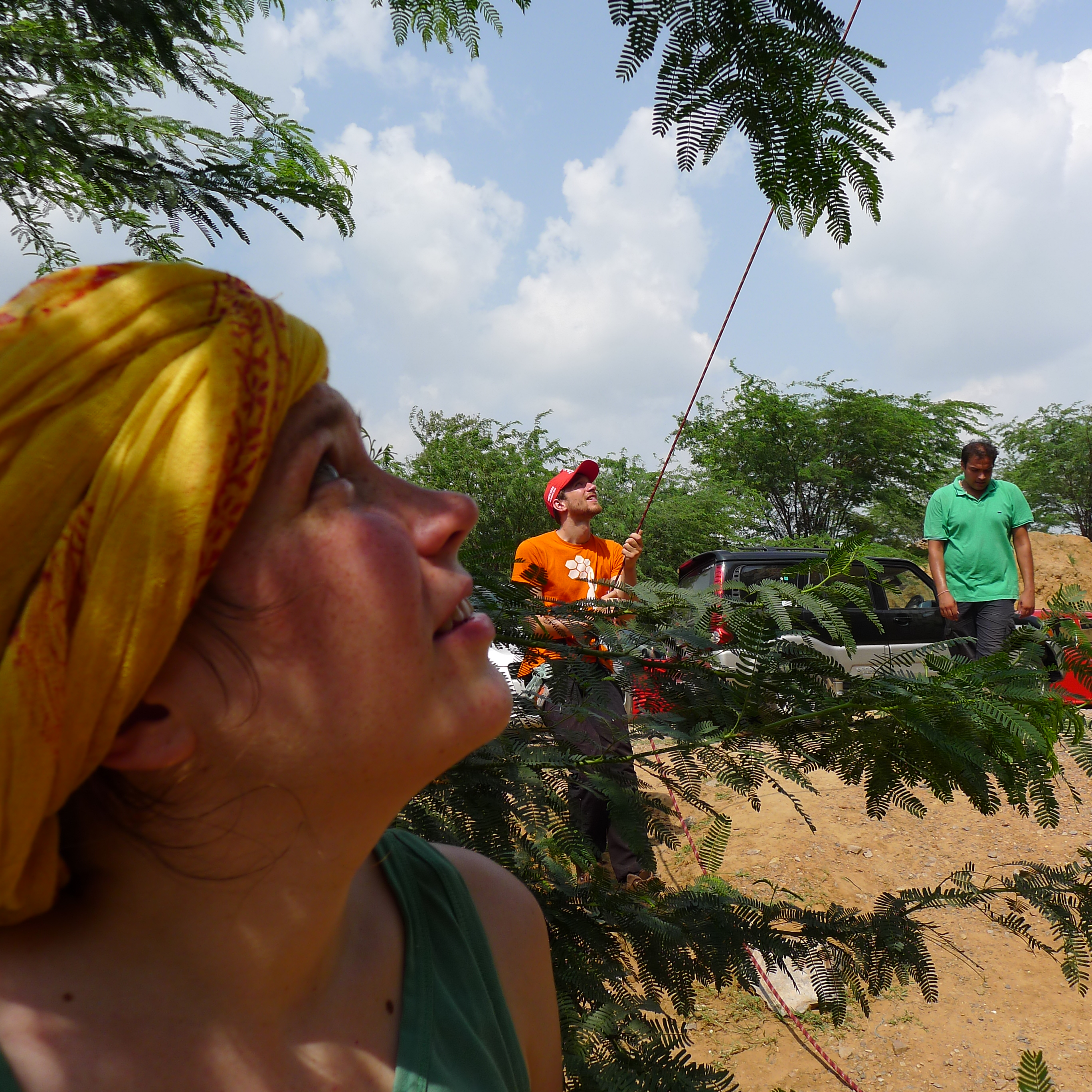
I am also quite excited to plant a Lithuanian flag there once again after a fellow national Arvydas Avulis. If successful, I will be the first Lithuanian woman to do that. I still have this pride of small nations: that we also matter and can do big things and write our own history.
Q: You will be pulling a sled weighing up to 60kg for up to 60 days in -30 degrees Celsius. How are you preparing for the expedition mentally and physically?
For physical training, we are consulting professionals and creating our personal schedules for training. We have also planned outdoors trips, which more or less require learning skills similar to those needed at the South Pole. I am quite confident about my physical preparation. I trust myself as well my instructors and our Master Polar Guide Sarah McNair-Landry, whom we have chosen to train with. I know I am able and I am willing. Whatever I do, I will do one hundred present. I have the typical Lithuanian character: stubborn and hard-working. I don’t know if this is good in every case, but in many cases, you can achieve a lot with that. I feel weaker on the mental aspect. I am sure that once I start, I will finish. I know about negative thinking and its effects, but I also know the mantras, which has to be repeated to get rid of that. For someone young and female from a small country in Eastern Europe, who works with a boutique travel agency, it really is possible to reach the South Pole, and get sponsorship and support. Still, a lot of my people do not believe in me, and grin at me when I talk about it.
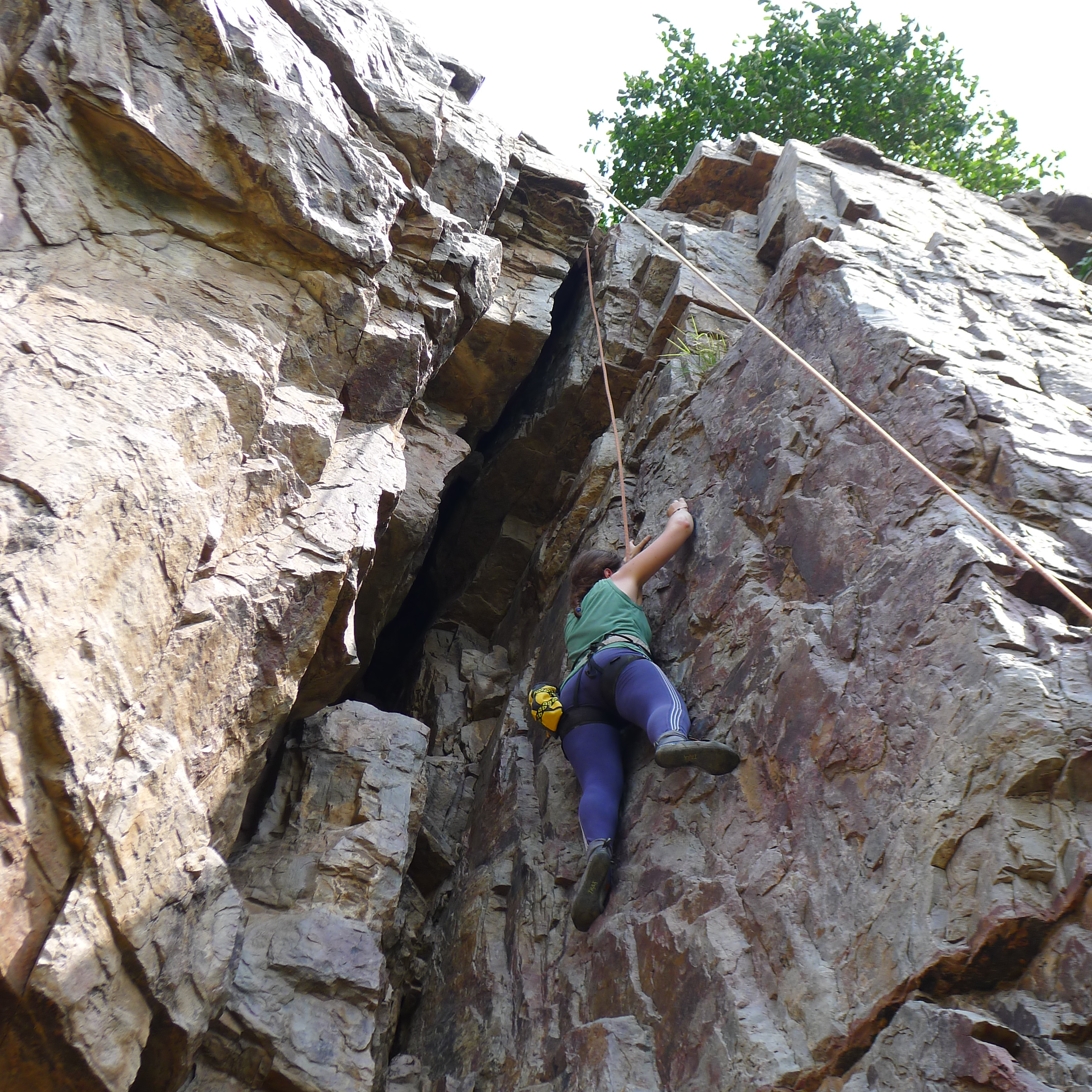
Mentally? How do we get ready for this? It is doing research, and talking to people who have had this experience and know how to cope with the mental challenges. It is hard work. You should work on your attitude and learn to control your own thinking. I consider myself quite self-disciplined and self-controlled having had experience operating tours in India. I do understand that the situation in the South Pole is different. But I believe that for mental preparation, nothing is better than your own experience.

Q: Why do you choose to train at Delhi Rock? What draws you?
I feel like I owe Delhi Rock’s founder Anuraag Tiwari. When I decided to move to India, I was checking all the opportunities to train in rock climbing. Unfortunately, by the time I checked, only the facilities offered at the Indian Mountaineering Federation (IMF) was operating. It was too far and their opening hours did not fit mine. I was so disappointed. I even thought about not moving to India after all, because there was no place for climbing in Delhi. Having lost all my hopes, I decided to check on Google one last time, typing in “climbing in Delhi”. I got a few links to Delhi Rock. I checked the location. And, oh my God, it was just a 10 minutes’ walk from the office! My dream materialised. I was so happy that day!

So I joined Delhi Rock once I arrived in India. And I think I have the right to consider myself one of the first members of Delhi Rock. I know the staff working there: they are professional and the most important thing is that they believe in us and support us in our goals.
Q: Do you have any advice for young women like yourself who are setting out on their first milestone adventure?
Go for it! I should cite now the line from my favorite theatre group Keistuoliu teatras. “Juk labai svarbu noreti, pasistenkti ir tiketi”: After all, it is important to have a dream, try for it and believe in it.
Feature image: 26-year-old Ruta Sidlauskaite © Archana Thiyagarajan


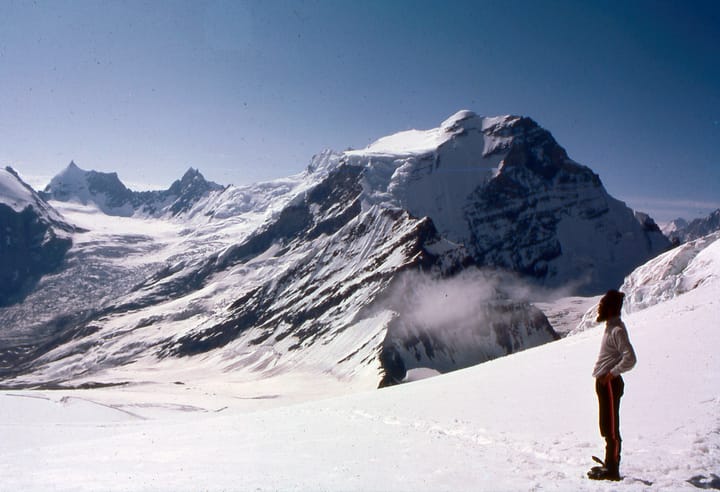
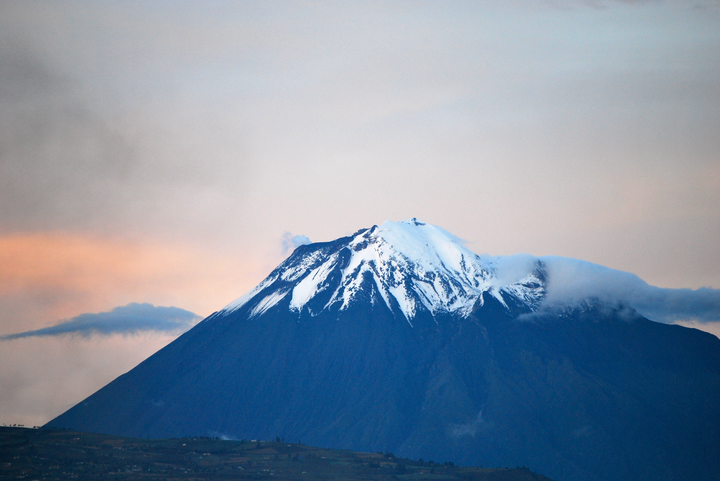
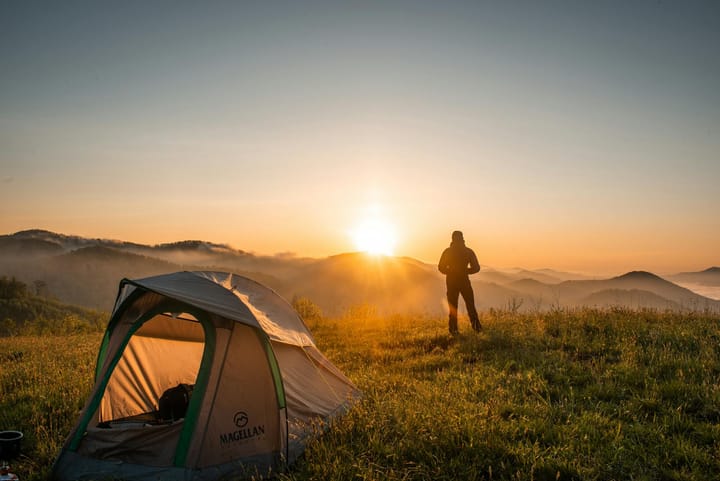
Comments ()